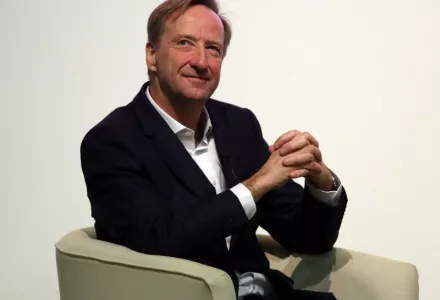Please join the Intelligence Project for a conversation with Sir Alexander Younger, former Chief of Britain’s Secret Intelligence Service, MI6, on "Spying in the Digital Age".
In his talk, Sir Alexander will explore how human intelligence (HUMINT) agencies must evolve and adapt to new social, technological, and geopolitical challenges posed by the digital age. Questions that will be addressed include:
- How are HUMINT agencies thinking and operating in the age of data abundance, machine learning, and AI?
- What is the role of intelligence in democracies in the face of open source competition and ubiquitous surveillance?
- How do intelligence agencies address mis- and dis- information and effectively counter influence operations?
This seminar is open to the Harvard Community, including students, staff, faculty, fellows, and alumni. Advance registration is required.




